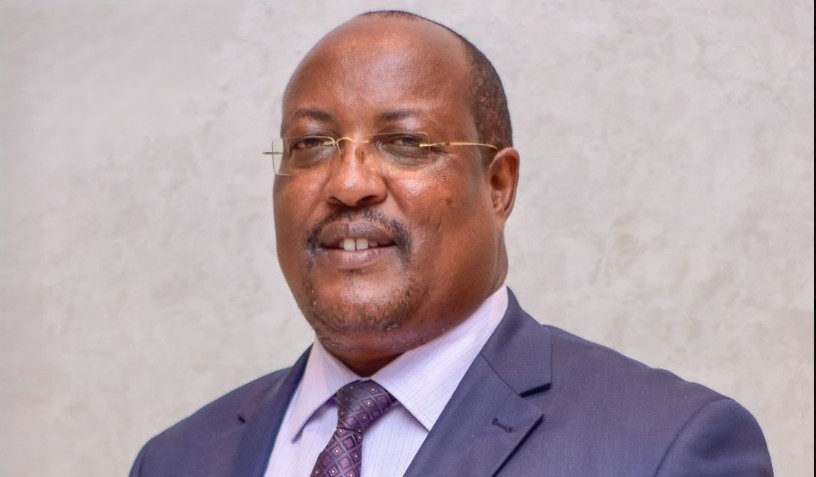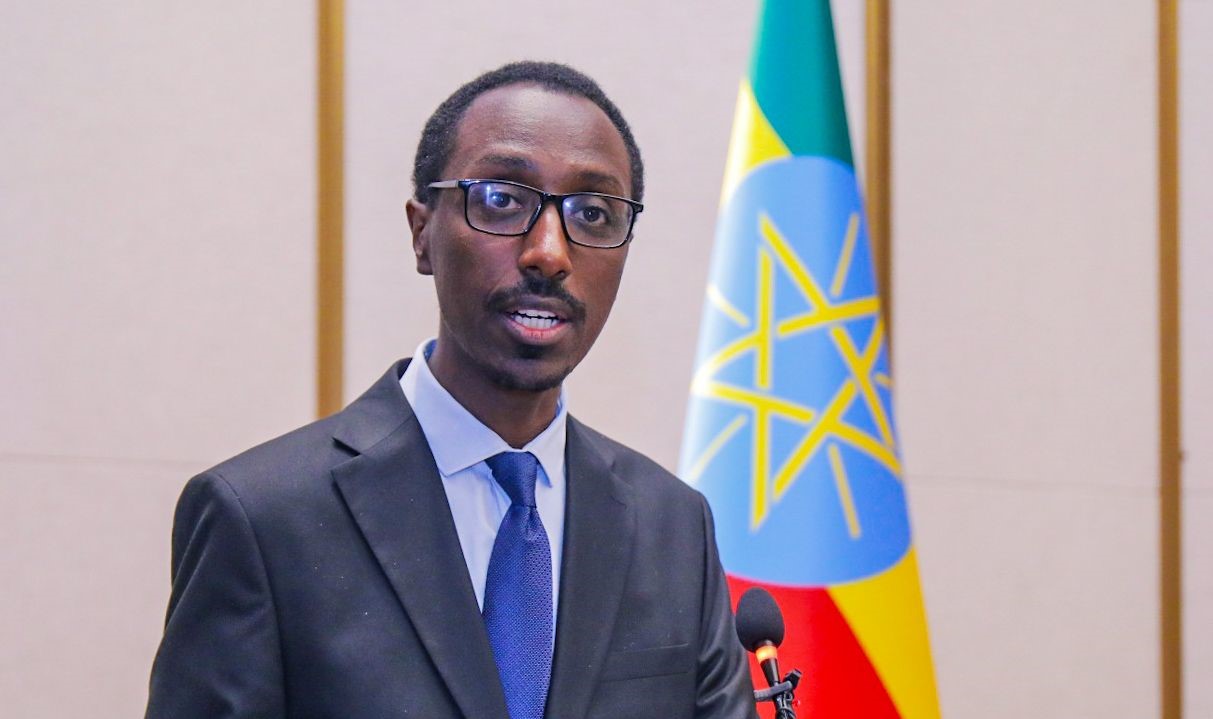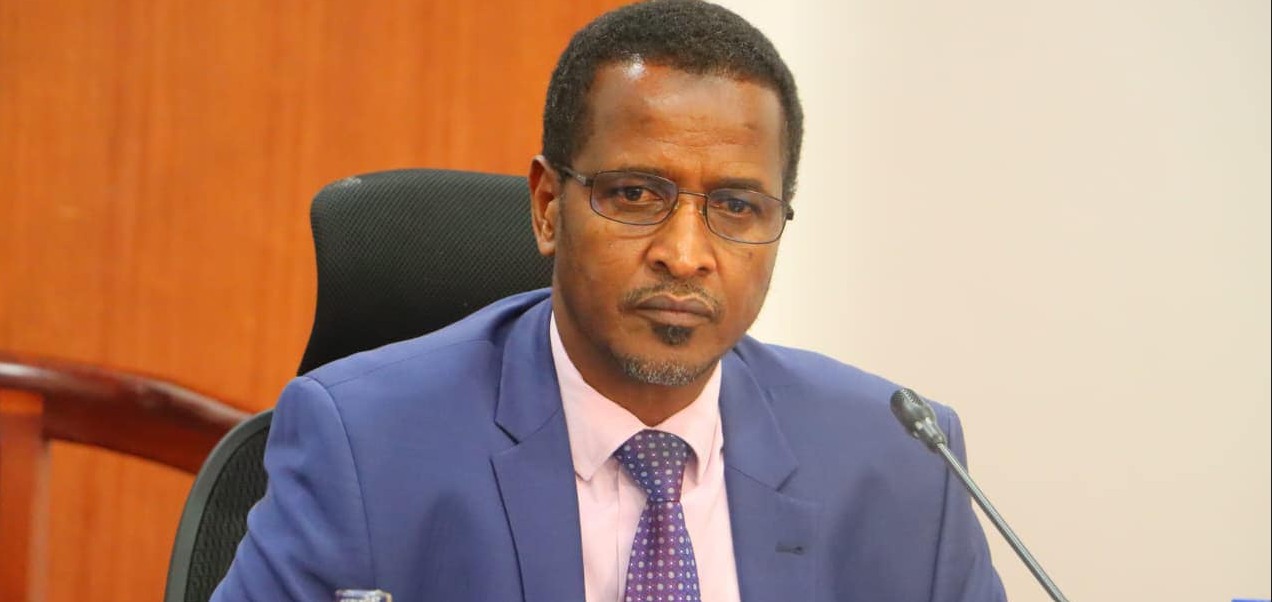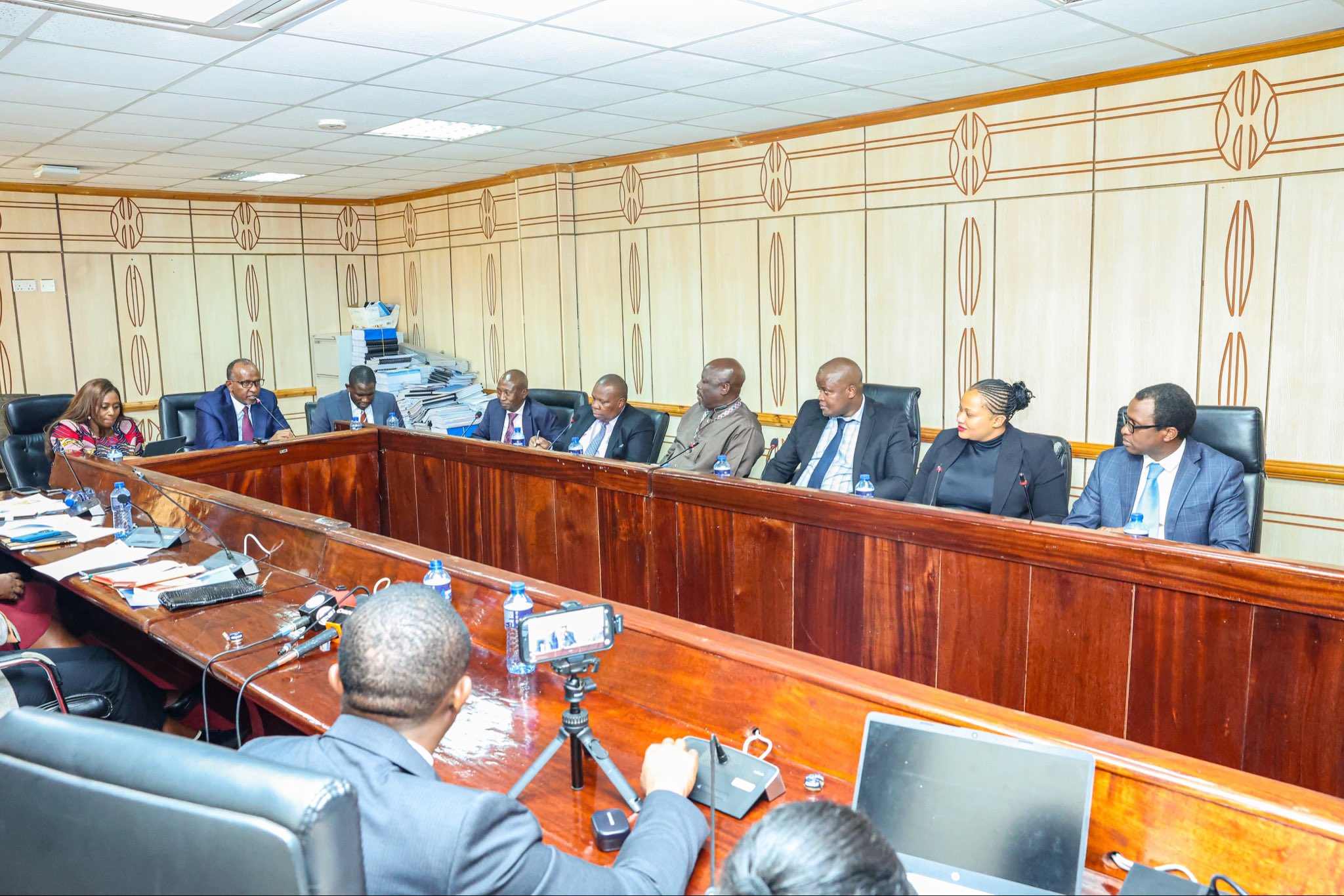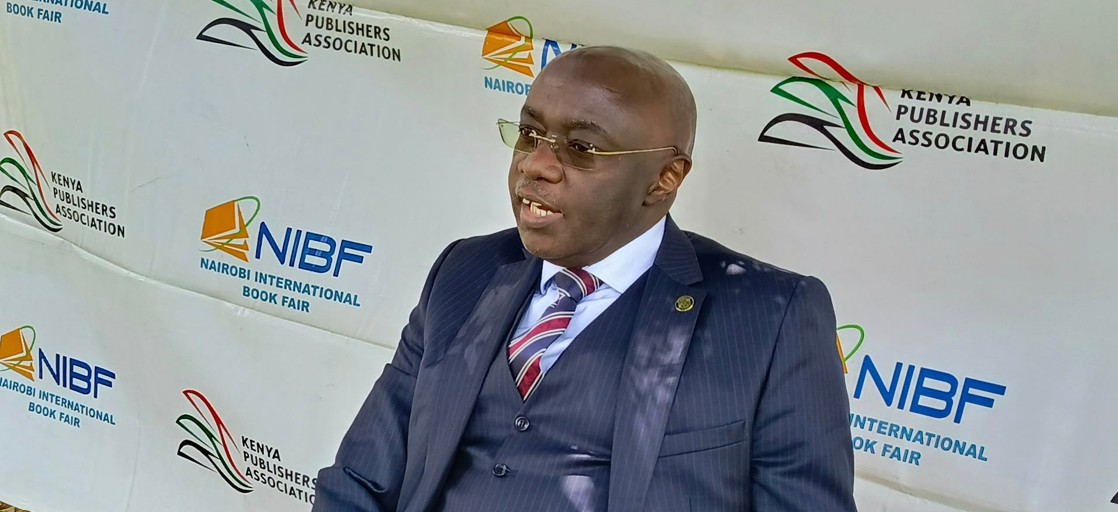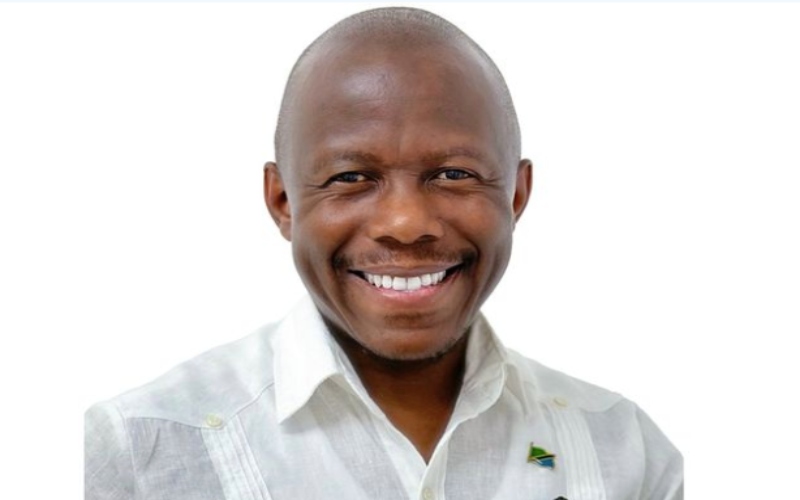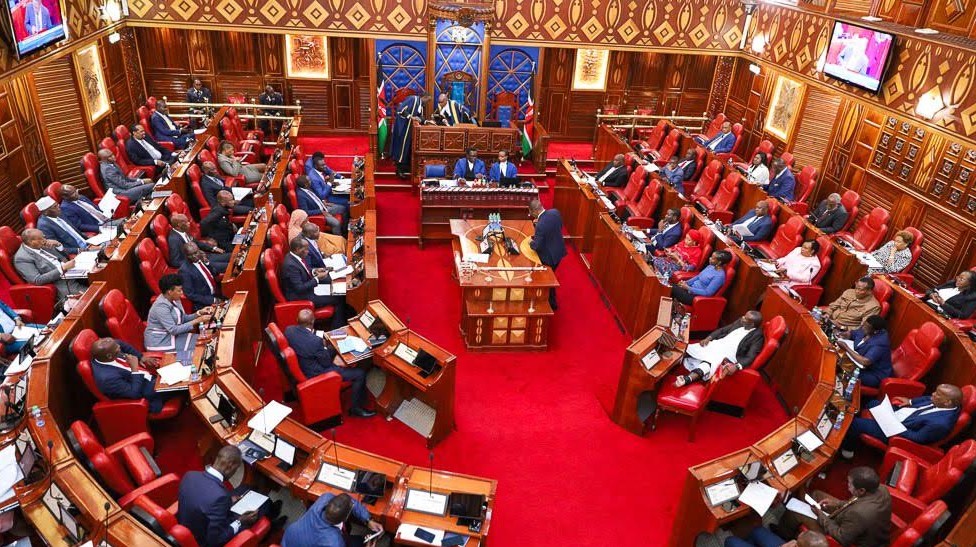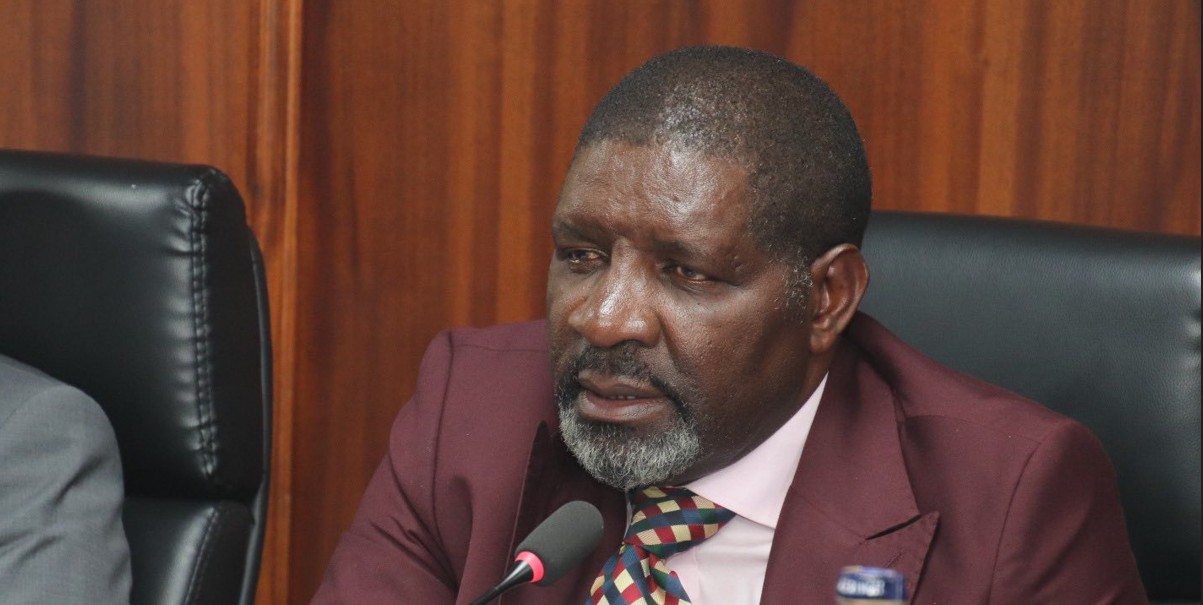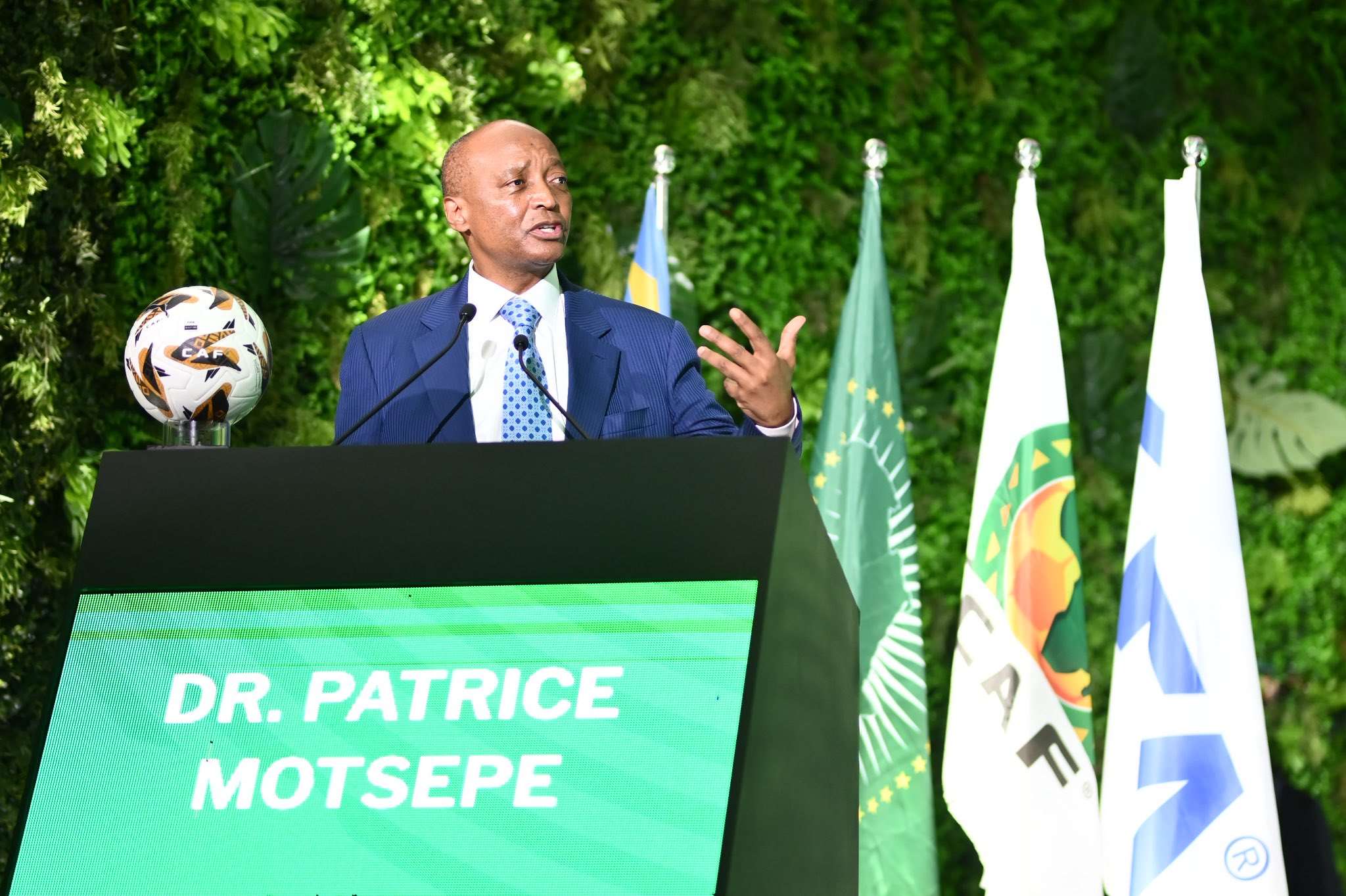KUCCPS proposes mandatory national service for state-sponsored university students
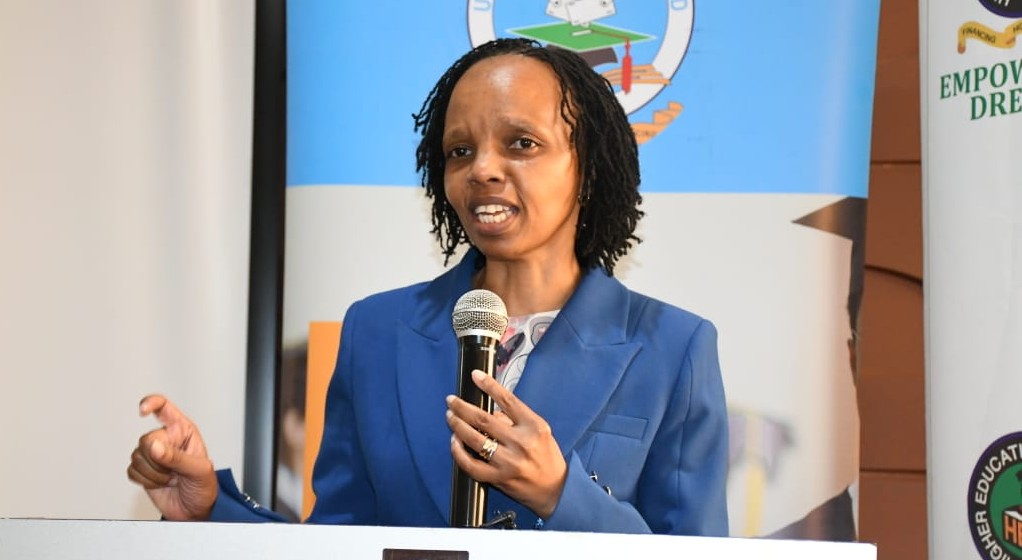
KUCCPS has also drafted a Bill seeking operational independence and the exclusive mandate to oversee placement for both government-sponsored and self-sponsored students.
The Kenya Universities and Colleges Central Placement Service (KUCCPS) has proposed that students benefiting from fully government-sponsored university scholarships be required to serve the country for a specified period before seeking other employment.
Appearing before the National Assembly Education Committee on Tuesday, KUCCPS Chief Executive Officer Mercy Wahome said the proposal would ensure taxpayers get value for their investment in higher education while helping to curb brain drain.
More To Read
- KUCCPS opens recruitment for CEO, sets October 28 application deadline
- CUE mulling student admission quotas to fix graduate unemployment crisis
- KUCCPS opens portal, announces two-week window for KMTC applications
- Over 700,000 KCSE candidates yet to be placed in colleges or training centres, KUCCPS reveals
- How tuition fee cut is forcing universities to rethink survival strategies
- Government disburses Sh23.16 billion to university, TVET students
She noted that the current system allows students to pursue fully funded degrees but fails to prevent the loss of skilled professionals to other sectors or countries.
“We may need to look into the issue of bonding, where one who applies for a government scholarship may be required to serve the nation for a particular period,” Wahome said.
Conditions for scholarships
She suggested attaching conditions to scholarships under the new university funding model to promote accountability and merit-based benefits.
“Scholarships are taken very seriously. Students compete, and we get the best in terms of merit. But scholarships also come with conditions. Here, we give a scholarship based on merit, but we do not attach a condition for one to continue benefiting from that scholarship,” she added.
If approved, the proposal could resemble models in other countries—such as athletic or military scholarships—where beneficiaries must fulfil service obligations before pursuing private opportunities.
During the session, MPs expressed concern over the high number of students who complete secondary school but fail to proceed to tertiary education.
Luanda MP Dick Maungu pointed out that over 700,000 of the more than 950,000 students who sat last year’s KCSE were not placed in any university or college.
Wahome acknowledged that KUCCPS currently lacks the capacity to track students who are not placed, as well as those who drop out after placement.
Value for money
“We have a gap in tracking those that we place. Under the Ministry, the Commission for University Education (CUE) has that responsibility, but we feel that needs to be clarified. If KUCCPS places students, then we need to be able to get returns so that we know how many drop out. This will help us understand, as a country, the value for money,” she said.
“If we put money into scholarships, then we need to know whether that money was properly used. It will also help to establish the causes of student dropouts.”
KUCCPS is also seeking to manage all foreign-sponsored scholarships to ensure fairness and competitiveness in selection. Board Chairperson Cyrus Gitau said the agency is best placed to handle such programmes.
“We have those bilateral scholarships that come time and again. KUCCPS is the best organisation placed to competitively pick the beneficiaries, and they will be distributed in the most fair way. The cost of a scholarship is competition,” Gitau said.
Additionally, the agency wants authority to place eligible Kenyan students in international universities and admit foreign students to local institutions.
Operational independence
KUCCPS has also drafted a Bill seeking operational independence and the exclusive mandate to oversee placement for both government-sponsored and self-sponsored students.
“One of the mandates we want included in the KUCCPS Act is that all placements of students in tertiary institutions must be covered by KUCCPS, so that we are able to get this data and execute the other mandate of advising the government on placement,” Gitau added.
The Committee, chaired by Vice Chairperson Eve Obara, commended KUCCPS for using technology and partnerships to expand access to higher education. Wahome outlined the agency’s milestones since 2014, including coordinating twelve placement cycles, placing over 2.5 million students in 452 institutions, and training over 9,000 career teachers across the country.
“Through collaborations with institutions like KICD, KESSHA, and the Equity Group Foundation, we’ve brought career guidance closer to the learners,” Wahome said, adding that KUCCPS continues to align university courses with the Competency-Based Curriculum (CBC).
Transparency and inclusivity
MPs also questioned the transparency and inclusivity of placement processes. Kibra MP Peter Orero sought clarification on course changes after placement; Siaya MP Christine Ombaka raised concerns about policies for persons with disabilities and marginalised communities; Kitutu Masaba MP Clive Gisairo asked how students who miss placement deadlines are handled, while Mandera South MP Abdi Haro called for stronger alignment between university courses and labour market needs.
Wahome explained that phased applications now give students more opportunities to apply and confirmed that KUCCPS observes the two-thirds gender rule and allocates at least 10 per cent of placements to persons with disabilities and marginalised groups.
She cited ongoing challenges, including limited capacity to track students after secondary school, poor internet connectivity, and the absence of a stand-alone legal framework. KUCCPS appealed for parliamentary support for its proposed bill, which seeks to grant the Service autonomy and expand its mandate.
Gitau noted that out of about 250,000 students eligible for university placement in the last cycle, only 80 per cent applied, urging lawmakers to help ensure that all qualified learners access placement services.
Top Stories Today

